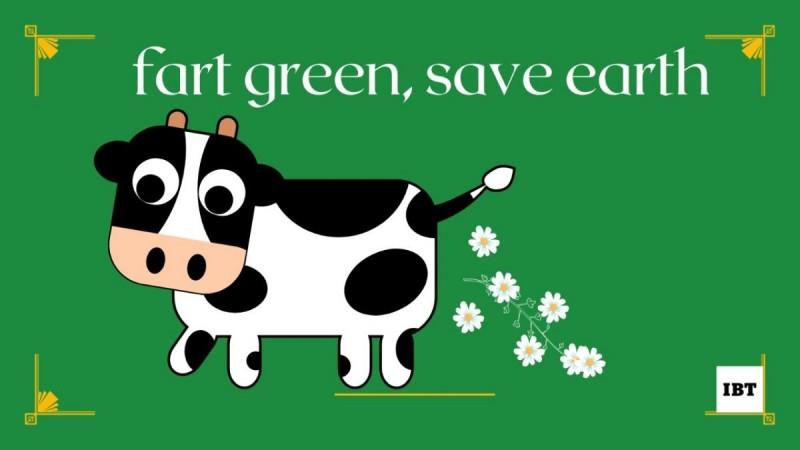
Burger King is no stranger to quirky ads, be it taking a jibe at its arch rival McDonalds or KFC for that matter. BK has shown time and again that it's the king of subtlety and smart marketing. But the popular fast-food chain made the headlines on something totally unexpected - cow farts.
Diving deep into its quirky marketing talent, Burger King released an educational video explaining the negative impact of livestock on the environment. Starring Mason Ramsey, a.k.a. the "Walmart kid", the ad goes on to show how cow farts, burps and splatters are "no laughing matter." Wondering why? Well, they constitute a form of greenhouse gas that contributes to the climate change.
What is BK doing about it?
As an advocate of climate change, Burger King's campaign acknowledges its role in the fight. "Since we are part of the problem, we are working to be part of the solution," BK says in the video. Adding some statistics into the lighthearted campaign, BK cited data from the United Nations' Food and Agriculture Organization that says livestock contributes to roughly 14.5% of global greenhouse gas emissions.

In an effort to reduce the impact of livestock on climate change, BK, in partnership with US scientists, is developing a new diet for cows used for its Whoppers. The chain is adding a small amount of lemongrass to their diet, which studies have reportedly shown to reduce daily methane emissions by 33 percent.
Now, the new Whopper that's sourced from cows that fart less are going to be made available in select locations in Miami, New York City, Austin, Portland and Los Angeles.
"If the whole industry, from farmers, meat suppliers, and other brands join us, we can increase scale and collectively help reduce methane emissions that affect climate change," Fernando Machado, global chief marketing officer for Restaurant Brands International, in a statement.
cow farts & burps are no laughing matter. they release methane, contributing to climate change. that’s why we’re working to change our cows’ diet by adding lemongrass to reduce their emissions by approximately 33%. learn about our ongoing study: https://t.co/kPCXpjfbGL #CowsMenu pic.twitter.com/DnmF8gVVL0
— Burger King (@BurgerKing) July 14, 2020

















